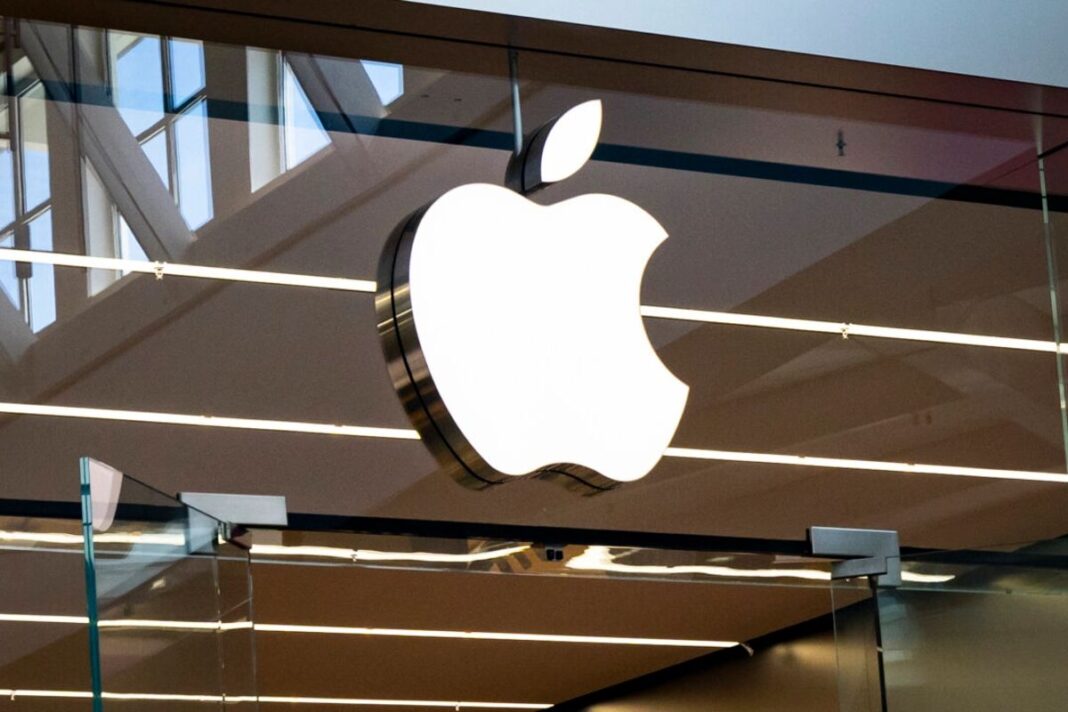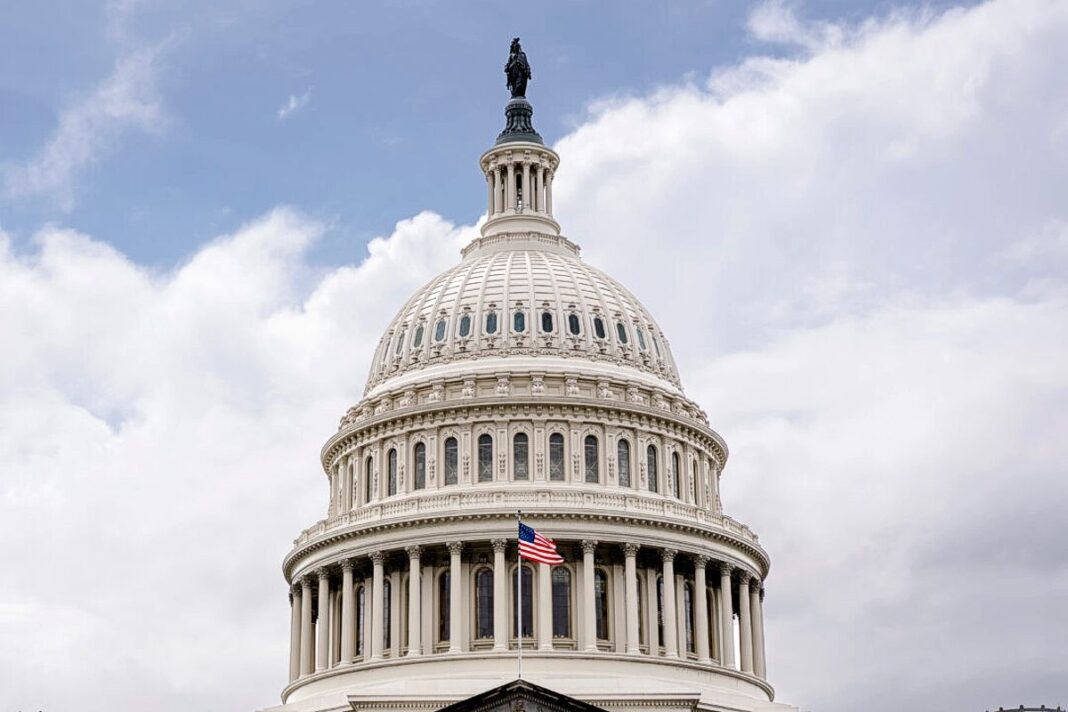Apple is facing similar challenges across the country and in Europe.
A federal court rejected Apple’s motion to dismiss a Department of Justice (DOJ) lawsuit accusing the company of monopoly and anticompetitive conduct, according to a June 30 opinion issued by Judge Julien Xavier Neals from the U.S. District Court for the District of New Jersey.
The DOJ lawsuit, filed on March 21, 2024, with the backing of 16 states, alleged Apple illegally cornered the smartphone market. The complaint alleged a wide range of illegal behavior, including putting restrictions on third-party apps, controlling messages sent by iPhones to other phones on its default messaging service, making the Apple Watch compatible with the iPhone, and controlling digital wallets and news services.
The lawsuit argued that Apple’s actions limit competition, thereby harming consumers, small businesses, and app developers.
“Consumers should not have to pay higher prices because companies violate the antitrust laws,” former Attorney General Merrick Garland said in a statement at the time. “If left unchallenged, Apple will only continue to strengthen its smartphone monopoly.”
On August 1, Apple filed a motion to dismiss the complaint, arguing that the company has not “engaged in exclusionary conduct,” which is required to make monopoly claims under Section 2 of the Sherman Act.
“The Supreme Court has made clear that a firm’s decisions about the terms on which it chooses to deal with third parties are not ‘exclusionary’ as a matter of law under Section 2,” Apple said.
“Forcing competitors to share their technology risks chilling the very innovation the Government claims to protect. And endorsing such a theory would require courts to oversee product-design and policy choices in dynamic technical markets, a task for which the Supreme Court has said courts are ill-suited.”
In the June 30 opinion, Neals said the DOJ lawsuit “adequately alleges” claims of monopolization.
Plaintiffs highlighted that Apple maintains a 65 percent share of the smartphone market, which the court said was enough to allege the company maintains a “dominant share” in the market.
Plaintiffs claimed that restrictions placed on developers and other third parties on Apple’s platforms amount to technological barricades that constitute anticompetitive content, according to the opinion.
Apple’s argument, that it has the right to limit access to its own technology to third parties, is something which must be resolved at the discovery stage of the litigation, the court said.
For these and other reasons, Neals denied Apple’s request to dismiss the lawsuit.
The Epoch Times reached out to Apple for comment, but did not receive a response by publication time.








